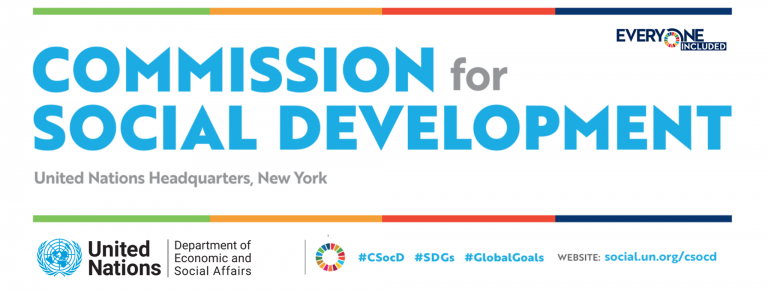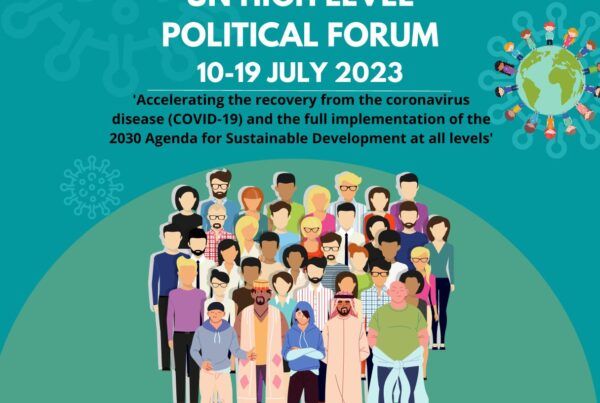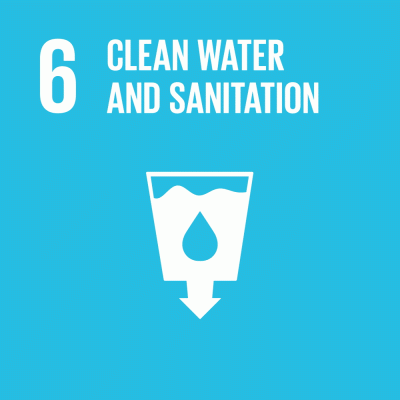Last month, UNANIMA International attended the 59thCommission on Social Development. I had the privilege to go to six CSocD59 side events, each covering different topics for the Commission’s theme on socially just transitions regarding digital technologies and social development and hosted by various NGOs:
- Migration, Displacement & their Cross-cutting Issues in the Context of Digital Technology & Just Transitions
- Leaving No One Behind: The Role of Data and Digital Technologies in Ending Homelessness
- Building Roofs and Raising Floors Through Inclusive Digital Technologies and A Global Fund for Social Protection
- Behind the Screen: Grassroots experiences accessing social services and education in a digital world
- Innovating Public Governance and Leveraging Digital Technologies for Social Inclusion of Vulnerable Groups
- Youth Perspectives on Family Homelessness and Technology
Here are two key themes that I walked away with after sitting in on these events.
- We must invest in robust social safety nets.
As was readily discussed during the Commission, COVID undid much of the progress achieved in the last decade. COVID revealed the vulnerabilities and gaps in government/social services architecture, leaving virtually no immediate social protection initiatives/safety nets available to most people across the globe. LDCs need an estimated $78 million to close the social protection gap we’ve seen, according to Magdalena Sepúlveda, the Executive Director of the Global Initiative for Economic, Social and Cultural Rights (GI-ESCR). Some universal programs and goals that can be extremely beneficial for Member States to strive for or implement are affordable healthcare, housing for all, education for all our children, and basic income. Investing in these safety nets seems like a heavy expense, but ongoing social protection issues like homelessness are more expensive in the long run, not to mention a violation of human rights and dignity. It is possible to address these issues through policy and investment, we just need the political will and tools (i.e., technology) to do so.
- Technology can help people to break the cycle of homelessness or poverty but can also contribute further to the exclusion of vulnerable groups.
Digital systems must account for lived experiences of poverty. As I listened to individuals share their lived experiences of homelessness, I observed that each person believed access to cell phones, apps designed for the homeless or housing insecure, and computers beyond those available in public libraries would be extremely helpful in supporting people to find housing and necessary services. In fact, the lack of access to computers, Wi-Fi, and mobile devices in homeless shelters actually preventedpeople from exiting shelters earlier than they otherwise would have. Tech innovations and partnerships among students, universities, NGOs, and governments can help lift people out of homelessness and receive the support they need. On the other hand, some panelists reminded us of the dangers that come with technology when digital systems fail to account for different lived experiences. Some speakers shared stories of how the transition of in-person services to online formats has created barriers for families—and that technology is not gender neutral. Examples of this include education online for K-12 students due to the pandemic, court decisions on child custody and where children will live, accessing benefits such as food assistance programs online, etc. Furthermore, technology can exacerbate challenges for families, especially regarding social security/ID cards and numbers. If governments are not mindful of how access to social services online can act as a hinderance, more people will go without necessary social protections—and may even be “invisible” to the world around them. These are critical issues to bear in mind as UNANIMA International and other NGOs work to address hidden homelessness at a time when seemingly everything requires an online presence.
It was an incredible honor to ask questions and hear not just the challenges of social development, but also gain some insights into potential successes with digital technologies. CSocD59 reminded me of the importance of hearing from individuals with lived experiences of poverty, displacement, homelessness, and beneficial or harmful experiences as a result of technology. I am looking forward to attending events from the 65thsession of the Commission on the Status of Women later this month and applying what I have learned in my research of displacement and mining. I am so grateful to intern at UNANIMA International!
By Lara Hicks (5th March 2021)






